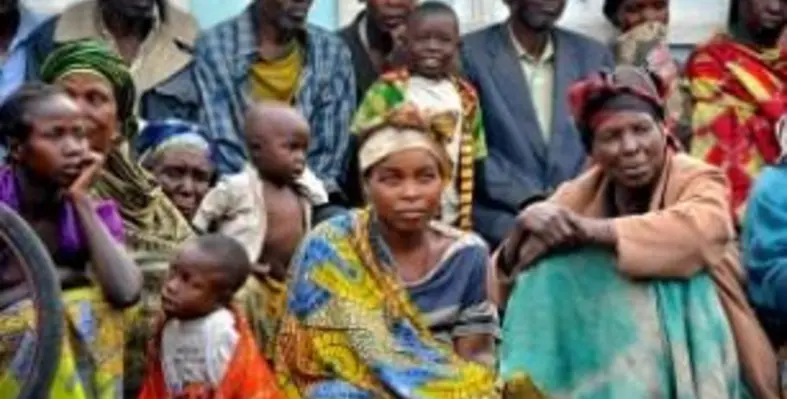A successful implementation of the African Continental Free Trade Area (AfCFTA) agreement cannot be achieved without the “people dimension,” ensuring that the integration process does not lead to widening inequalities or exclusion, the AEC Forum observed
A total of 44 African nations signed the landmark AfCFTA earlier this year, but the agreement is not without its potential downsides, the AEC delegates said.
The agreement aims to create a single continental market for goods and services, with free movement of business persons and investments, paving the way for the establishment of a continental customs union.
Deputy governor of the Rwanda National Bank, Monique Nsanzabaganwa, added that hunger, gender imbalance and a growing population with young people distancing themselves from agriculture and primary production are a major concern.
“A third of the East African region is affected by hunger, while the gender pay gap meant that 75 per cent of women were working for no wages,” she said.
“Women may be falling through the cracks,” the bank governor added.
Other panellists stressed the importance of fragility, governance and strong institutions and ensure that policymakers do not exclude women and ordinary people involved in agriculture, which would play a unique role in the process of integration.
Ngone Diop of the Economic Commission for Africa warned that more than half the population was being left behind and said that care must be taken to ensure food security and to protect the women “at the heart of the process.”





